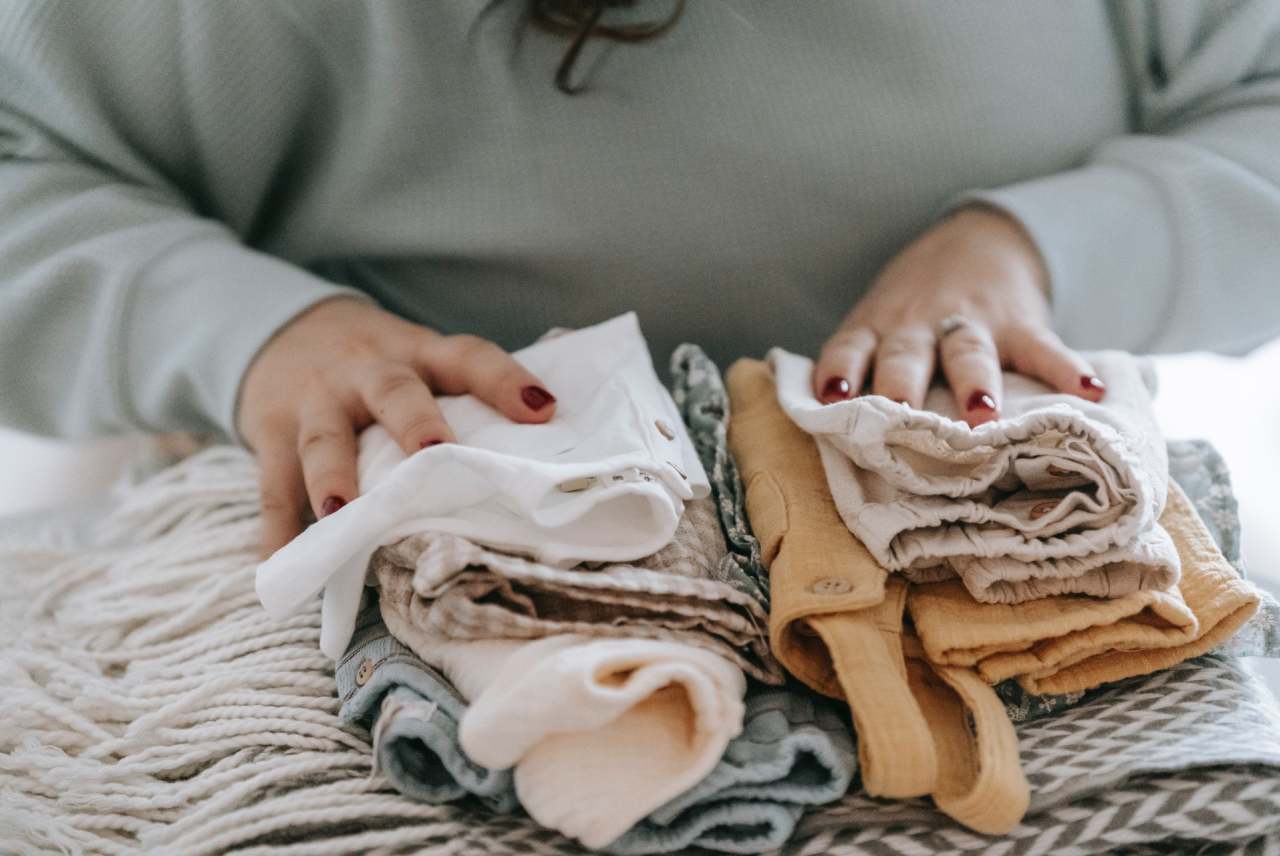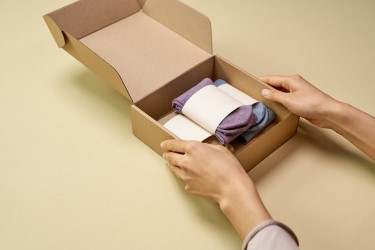The fashion industry is a huge contributor to climate change. As we wrote in our recent guide to high street fashion, some estimate that it could contribute as much as 10% of total carbon emissions and is estimated to actually increase its carbon emissions by 50% by 2030.
With this in mind we wanted to see how our community was trying to reduce its climate impacts through the way they consumed fashion items and clothing. We asked
How have your clothing habits changed during the pandemic?
As you might expect the overwhelming majority of our readers were already doing their bit pre pandemic, but more time at home had an impact on a high percentage of our readers in some way, with 80% changing something over the course of the pandemic.
People mentioned repairing clothes, looking into renting items, and supporting more ethical producers. All of which are recommendations in our High Street Clothes and Ethical Clothing guides.
Overwhelmingly the emphasis was on buying less or buying second-hand. Hopefully this demonstrates a shift away from fast fashion, which has seen the average person buying 60% more clothing than 20 years ago. One respondent said:
“I hope that the pandemic has at least been an eye opener as far as the clothing industry is concerned.”
The results also chimed with previous research done for our annual Ethical Consumer Markets Report, which found that online apps for second-hand clothing were on the rise, and 42% of people were planning to buy second-hand clothing in the future.








